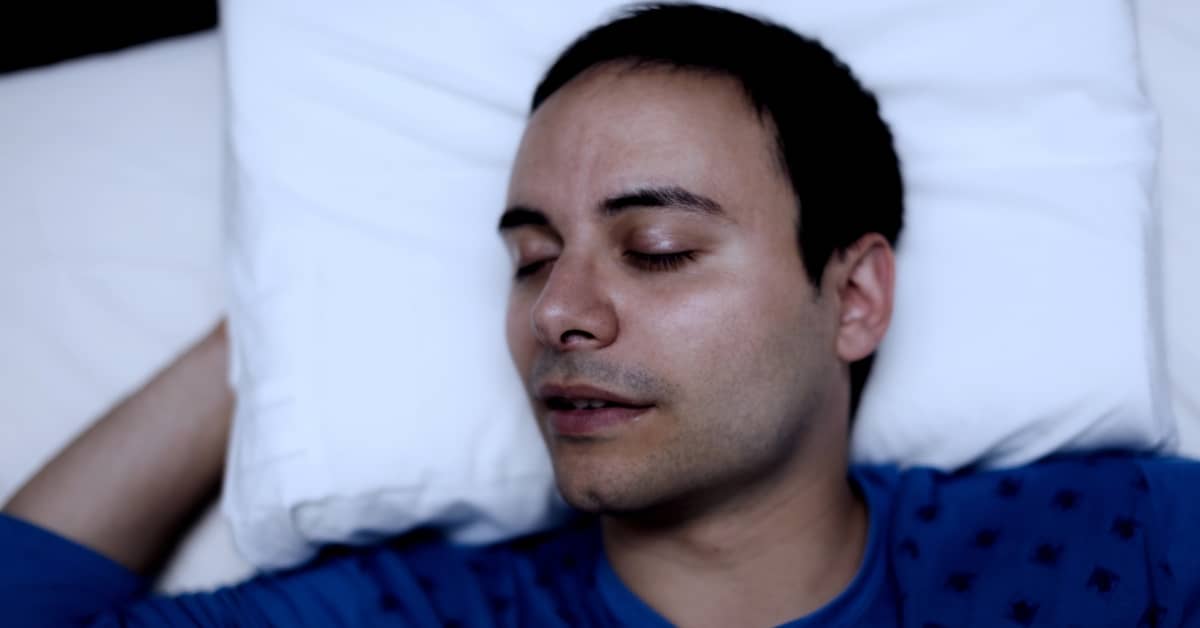
Brain is Highly Active During Your Deepest Sleep
In Why We Sleep, world-renowned neuroscientist and sleep expert Matthew Walker explains how sleep disruption and Alzheimer's are linked. As we age, sleep quality deteriorates, especially the slowest brainwave, called deep NREM (non-rapid eye movement) phase. Far from reflecting an idle brain, as experts once believed, this stage of sleep is highly active. It’s during NREM sleep that the brain transfers short-term memories into long-term storage. It’s not hard to see that you need to complete this process successfully if you’re going to hang on to a healthy memory. While aging will have some impact on memory, as the quality of our NREM sleep falters, when it comes to Alzheimer's disease the disruption of deep NREM is greatly amplified. What’s more, the plunging quality of this sleep phase starts a number of years before the onset of Alzheimer's. This suggests it's either an early warning indicator or is actually an important cause. More evidence of an association comes from the fact that declining sleep quality and Alzheimer’s disease reinforce one another in a downward spiral. As symptoms of the illness get worse, so does the quality of sleep, which in turn makes the symptoms more severe, and so on. But does one phenomenon cause the other, or do they just happen to occur around the same time? Professor Walker believes the association is more than coincidence. Poor sleeping habits may actually be an important cause of Alzheimer's.Sleep - The Missing Link
The toxic beta-amyloid plaques linked to Alzheimer's do not affect all areas of the brain. They accumulate in both early and late stages of the disease in the frontal lobe. This region is essential for the electrical generation of deep NREM sleep. Walker and his research team found that in older people, the more deposits there were in the frontal lobe, the more impaired the deepest sleep quality. This was distinct from a general loss of deep sleep that comes with getting older. Next, the researchers turned their attention to a question that has puzzled neuroscientists for some time. Why is the key memory reservoir of the brain - the hippocampus - unaffected by amyloid? As Prof. Walker puts it, "How does amyloid cause memory loss in Alzheimer's patients when amyloid itself does not affect memory areas of the brain?" Could sleep disruption be the missing intermediate factor? To find out, the researchers gave elderly people with low-to-high brain amyloid deposits facts to learn during the evening. The participants then spent a night in a sleep laboratory before taking a memory test the following morning. Those with the highest deposits had the most severe loss of deep NREM sleep and performed worse on the memory test. In short, this research team may have identified a middle factor between amyloid buildup and memory loss. The brain plaques are causing memory loss by disrupting sleep, not by directly attacking the brain's memory centers.Neurological Sanitation
Around the same time as Professor Walker was conducting this research, the glymphatic – i.e. waste-disposal - system was discovered in the brains of mice. Our last issue described this newly identified system. During deep NREM sleep, the glymphatic system kicks into high gear. The brain's glial cells shrink by up to 60%, creating room for cerebrospinal fluid to flush out amyloid and other damaging metabolic contaminants at ten or twenty times the rate that occurs during a person’s waking hours. Just one night of disrupted sleep is all it takes for beta-amyloid to start building up in the brain. So a lack of deep sleep also causes amyloid plaques to accumulate. To sum up Prof. Walker’s findings: A lack of sleep causes a buildup of amyloid in brain areas needed to generate deep NREM sleep. Insufficient deep NREM leads to memory loss and reduced clearance of harmful waste products, leading to an accumulation of toxic proteins. With more amyloid in the brain, there's less deep sleep. With less deep sleep there's more amyloid. Inadequate sleep and Alzheimer's pathology interact in a vicious circle. The neuroscientist recommends that "if you want an insurance policy against Alzheimer’s, prioritizing sleep across your lifetime is one of the best things I could advise.” If you are struggling with insomnia, the National Institutes of Health give 12 tips for getting a good night's sleep. You can find them by clicking on the reference below.- Why We Sleep, a book by Matthew Walker
- https://www.nlm.nih.gov/medlineplus/magazine/issues/summer12/articles/summer12pg20.html
